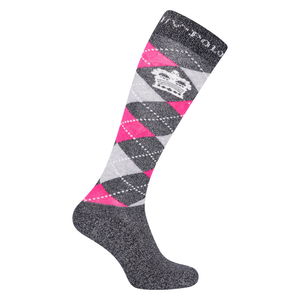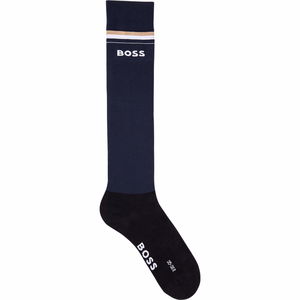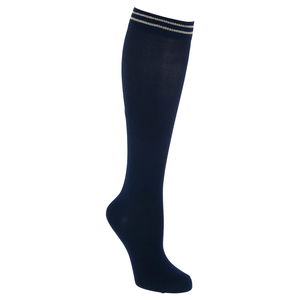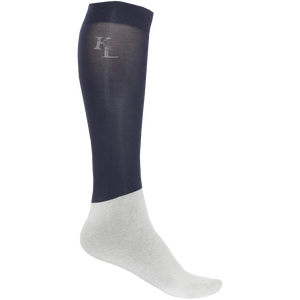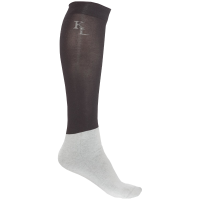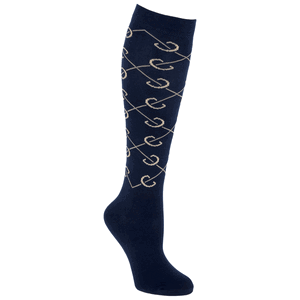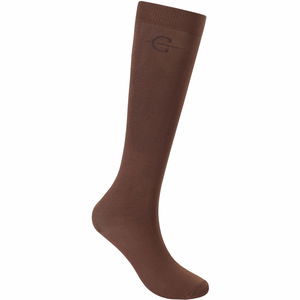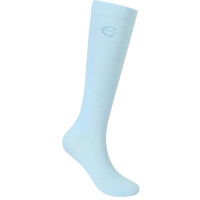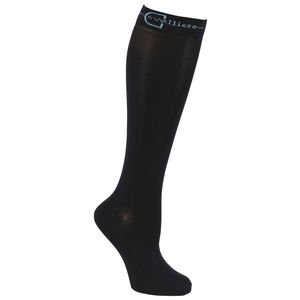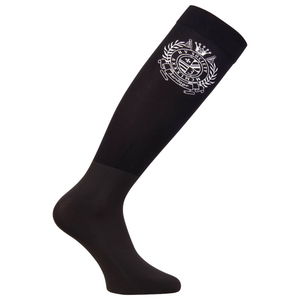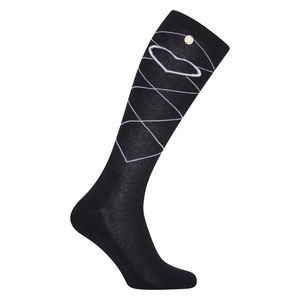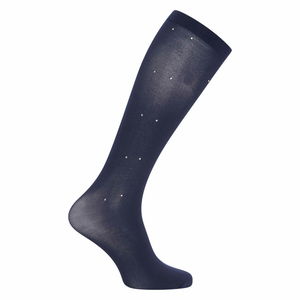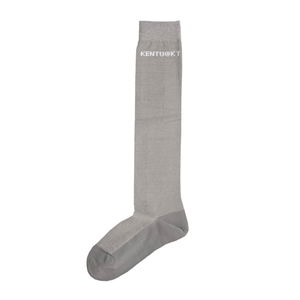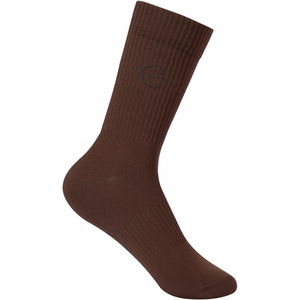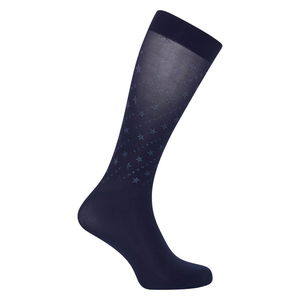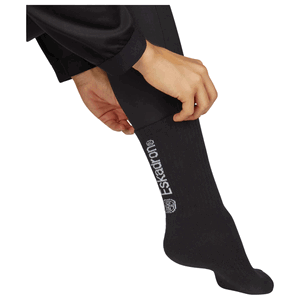Horse Riding Socks
(192)Frequently asked questions about Riding Socks
Many riders wear their riding socks over their breeches. This has the advantage that the breeches don't slip up while riding or working in the stable. Thus, the knee socks contribute to a comfortable wearing comfort. In addition, the riding socks are available in many different patterns, which you would not see if the socks were hidden under the breeches.
Most riders no longer want to do without riding socks, as they are not only visually eye-catching with their various patterns and designs, but they also have functional properties. On the one hand, the uniform fabric counteracts the formation of folds, which prevents unpleasant friction, but is also beneficial when putting on and closing the riding boots. On the other hand, the functional materials contribute to good moisture and thermoregulation. This has the advantage that sweat does not penetrate the inner leather of the riding boots. During the cold season, the riding socks keep your legs warm during stable work.
To avoid cold feet in the winter, you should choose riding socks that have heat-insulating and quick-drying properties. Usually, riding socks for winter are made of certain wool blends or a warm plush material like polyester. Wool has the advantage of protecting against both cold and heat due to its ability to transport the moisture generated to the outside. In this regard, merino wool has proven particularly effective, because it warms the feet, has a natural antibacterial effect, and remains odorless even after prolonged wear.
High-quality riding socks are made of breathable materials, usually a mix of cotton and spandex. Some models even have high functional fibers woven into them that prevent perspiration and transport moisture from the skin to the outside. This has the advantage that the feet remain dry during riding or stable work - in combination with the matching riding boots or shoes.

